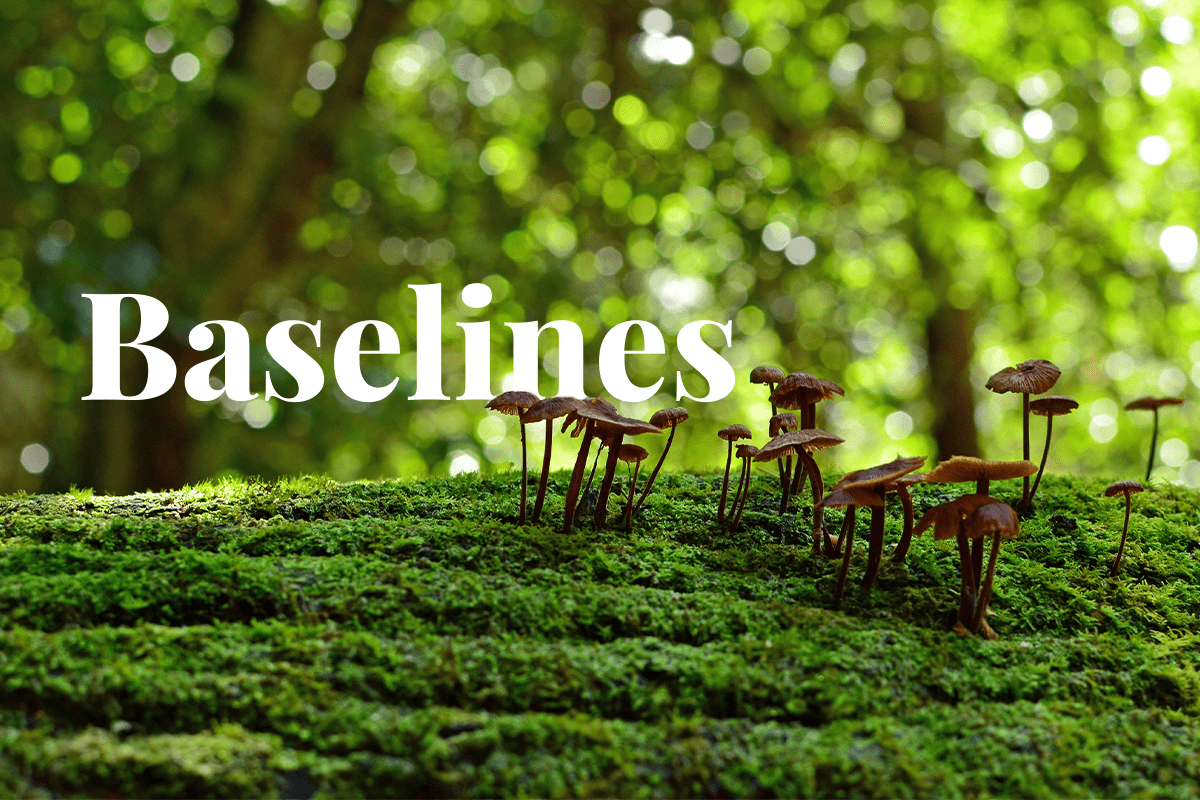New Forests, a global forestry investment company, started measuring biodiversity baselines across its assets in anticipation of emerging nature markets.
 Fairy ink cap fungi, Coprinellus, growing on a moss-covered fallen tree in temperate rainforest, Bola Creek, Royal National Park, NSW, Australia.
Fairy ink cap fungi, Coprinellus, growing on a moss-covered fallen tree in temperate rainforest, Bola Creek, Royal National Park, NSW, Australia.
Geoffrey Seeto, head of emerging markets at New Forests, said that although biodiversity standards are still in their early stages, the company is trying to get ahead of the curve by establishing baselines for their projects. The company has approximately $6 billion in forestry assets globally, covering about 1.1 million hectares.
Seeto believes that the biodiversity market would develop much faster than the carbon market due to lessons learned from the latter. Nevertheless, experts caution that high-level principles would be necessary to underpin voluntary biodiversity credits before technical details can be ironed out and the market can scale.
Find out more about ESG reporting
Seeto also suggested that using blockchain solutions to keep records of biodiversity credits could benefit emerging nature markets. He said tokenising forest and land-use assets could yield additional financial benefits if the markets were to take advantage of blockchain technology. However, other market participants argue that tokenisation could present accounting challenges, and regulations must be established to answer questions about recognising tokenised assets on balance sheets.
Cheryl Bowler, the carbon lead for APAC at trading firm Vertree, noted that biodiversity is increasingly becoming a focal point for buyers in carbon markets. As a result, credits that don’t have co-benefits, such as biodiversity, are not in demand, according to Bowler. However, she added that tokenising credits could present accounting challenges, and questions must be answered before diving into the tokenisation process.
At DGB Group, we also believe that biodiversity is an essential factor in carbon markets. Therefore we make sure that all of our nature restoration projects involve biodiversity and community benefits. Businesses, investors, and individuals can make meaningful contributions to nature with our reforestation projects or plant trees for community benefits.
Find out how you can participate in restoring nature with DGB



